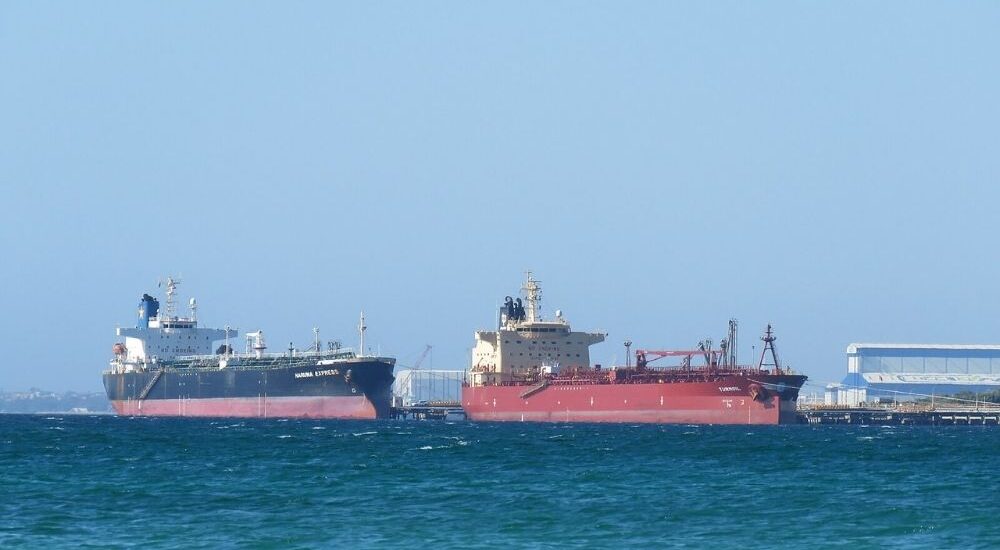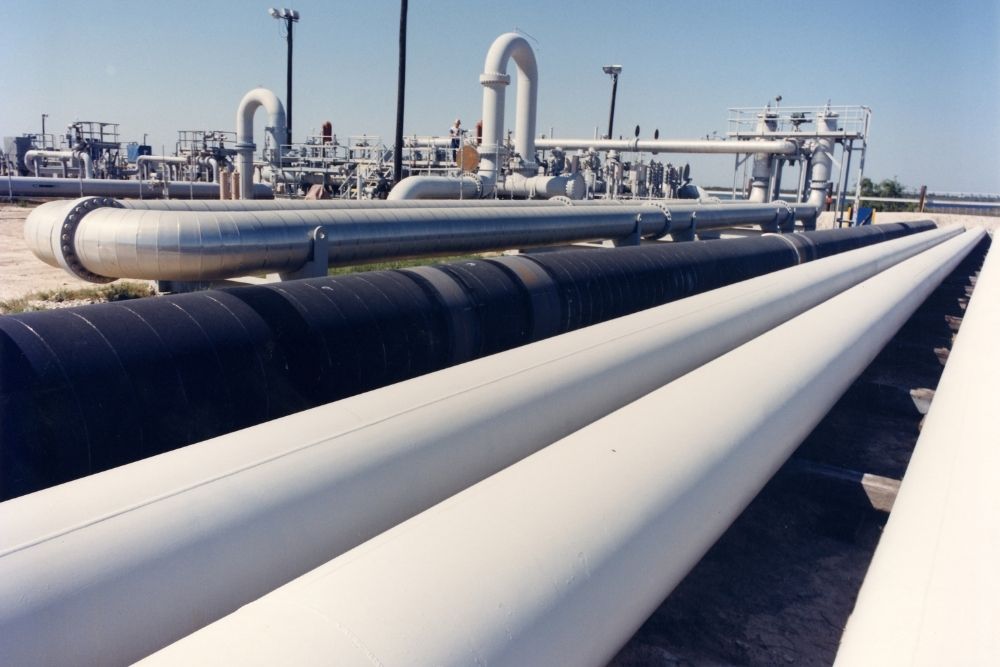Russia remained as China’s top oil supplier in July
- August 20, 2023
- Posted by: Quatro Strategies
- Categories: China, Europe, Oil & Gas

In July, Russia retained its position as China’s largest crude oil supplier, according to Chinese government data, despite a reduction in Russian shipments due to narrower discounts and increased domestic demand. Russian crude arrivals in July increased by 13% compared to the same month in the previous year, reaching 8.06 million metric tons or 1.9 million barrels per day (bpd). This trend continued in the first seven months of the year, with Russian arrivals increasing by 25% compared to the same period in the previous year, reaching 60.66 million tons.
In contrast, Saudi Arabia’s crude exports to China in July decreased by 14% year-on-year and by 31% compared to June, reaching 5.65 million tons. This decline was anticipated due to Riyadh’s decision to raise the official selling price of its Arab Light crude to Asian buyers, coupled with additional output reductions.
Despite Western sanctions and a cap on Russian shipments, Russian ESPO grade crude is trading closer to benchmark grades as demand from Indian and Chinese buyers increases, eroding the sanctions discount. The discount of ESPO shipments for July delivery was priced at $5-$6 per barrel against the ICE Brent benchmark, compared to $8.50 for March deliveries.
Chinese refiners use intermediary traders to handle shipping and insurance of Russian crude to avoid violating Western sanctions. In July, shipments from western Russian ports were estimated to have decreased by 18% month-on-month, largely due to resurgent domestic refining demand.
In response to the reduction in Saudi and Russian shipments, alternative suppliers like Angola and the United States have seen their shares grow. Angola’s shipments to China increased by 27% from the previous month to 574,581 bpd in July. Additionally, U.S. exports to China surged by fivefold compared to the previous year, totaling 161,275 bpd in July, despite ongoing geopolitical tensions.
Malaysia, often used as an intermediary for sanctioned cargoes from Iran and Venezuela, saw its imports to China rise by 16% year-on-year, reaching 911,926 bpd in July.
Interested in learning more?
Sign up for Top Insights Today

Top Insights Today delivers the latest insights straight to your inbox.
You will get daily industry insights on
Oil & Gas, Rare Earths & Commodities, Mining & Metals, EVs & Battery Technology, ESG & Renewable Energy, AI & Semiconductors, Aerospace & Defense, Sanctions & Regulation, Business & Politics.



